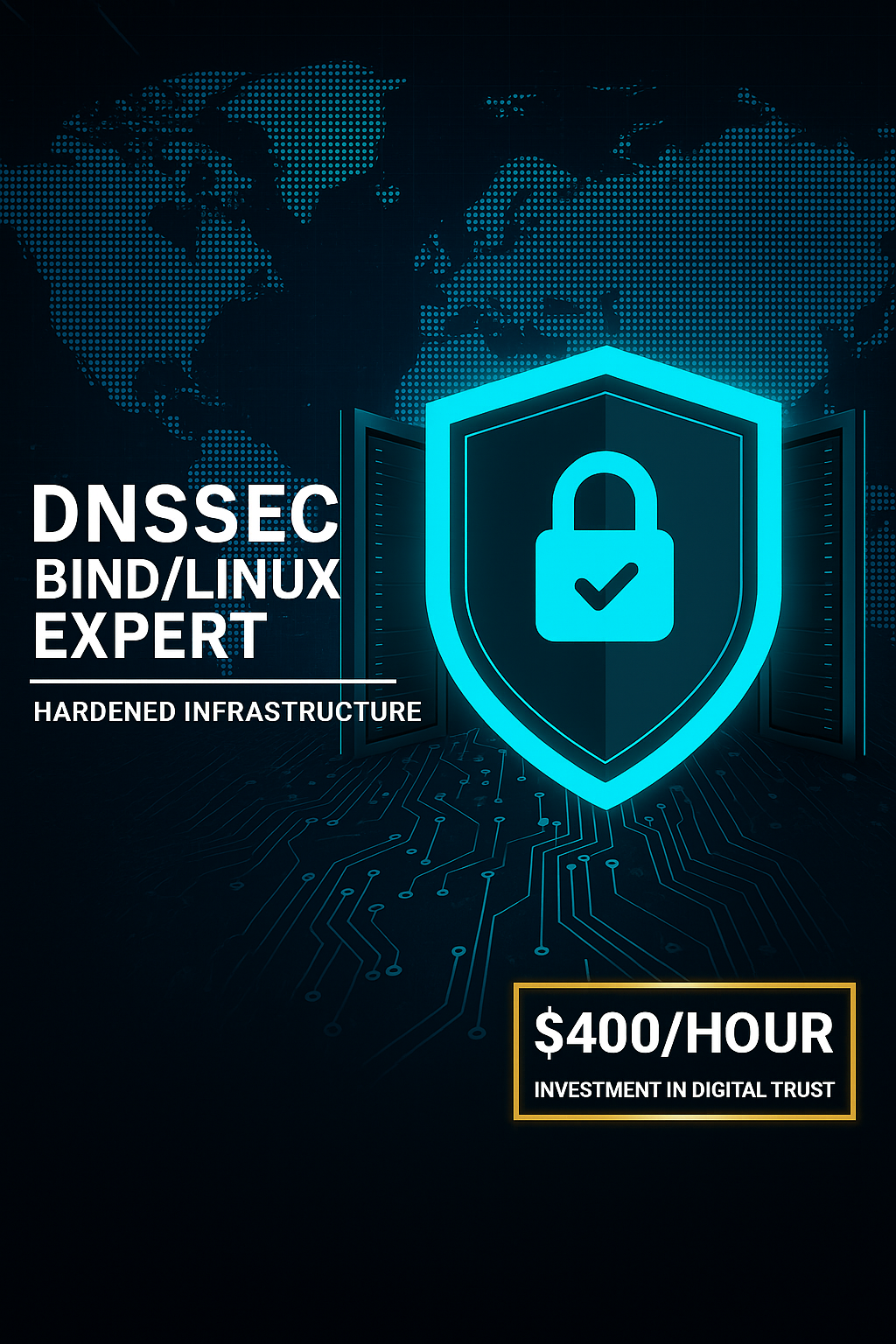Recent Updates
All Countries
All Countries
Afghanistan
Albania
Algeria
American Samoa
Andorra
Angola
Anguilla
Antarctica
Antigua and Barbuda
Argentina
Armenia
Aruba
Australia
Austria
Azerbaijan
Bahamas
Bahrain
Bangladesh
Barbados
Belarus
Belgium
Belize
Benin
Bermuda
Bhutan
Bolivia
Bosnia and Herzegovina
Botswana
Bouvet Island
Brazil
British Indian Ocean Territory
Brunei Darussalam
Bulgaria
Burkina Faso
Burundi
Cambodia
Cameroon
Canada
Cape Verde
Cayman Islands
Central African Republic
Chad
Chile
China
Christmas Island
Cocos (Keeling) Islands
Colombia
Comoros
Congo
Cook Islands
Costa Rica
Croatia (Hrvatska)
Cuba
Cyprus
Czech Republic
Denmark
Djibouti
Dominica
Dominican Republic
East Timor
Ecuador
Egypt
El Salvador
Equatorial Guinea
Eritrea
Estonia
Ethiopia
Falkland Islands (Malvinas)
Faroe Islands
Fiji
Finland
France
France, Metropolitan
French Guiana
French Polynesia
French Southern Territories
Gabon
Gambia
Georgia
Germany
Ghana
Gibraltar
Guernsey
Greece
Greenland
Grenada
Guadeloupe
Guam
Guatemala
Guinea
Guinea-Bissau
Guyana
Haiti
Heard and Mc Donald Islands
Honduras
Hong Kong
Hungary
Iceland
India
Isle of Man
Indonesia
Iran (Islamic Republic of)
Iraq
Ireland
Israel
Italy
Ivory Coast
Jersey
Jamaica
Japan
Jordan
Kazakhstan
Kenya
Kiribati
Korea, Democratic People's Republic of
Korea, Republic of
Kosovo
Kuwait
Kyrgyzstan
Lao People's Democratic Republic
Latvia
Lebanon
Lesotho
Liberia
Libyan Arab Jamahiriya
Liechtenstein
Lithuania
Luxembourg
Macau
Macedonia
Madagascar
Malawi
Malaysia
Maldives
Mali
Malta
Marshall Islands
Martinique
Mauritania
Mauritius
Mayotte
Mexico
Micronesia, Federated States of
Moldova, Republic of
Monaco
Mongolia
Montenegro
Montserrat
Morocco
Mozambique
Myanmar
Namibia
Nauru
Nepal
Netherlands
Netherlands Antilles
New Caledonia
New Zealand
Nicaragua
Niger
Nigeria
Niue
Norfolk Island
Northern Mariana Islands
Norway
Oman
Pakistan
Palau
Palestine
Panama
Papua New Guinea
Paraguay
Peru
Philippines
Pitcairn
Poland
Portugal
Puerto Rico
Qatar
Reunion
Romania
Russian Federation
Rwanda
Saint Kitts and Nevis
Saint Lucia
Saint Vincent and the Grenadines
Samoa
San Marino
Sao Tome and Principe
Saudi Arabia
Senegal
Serbia
Seychelles
Sierra Leone
Singapore
Slovakia
Slovenia
Solomon Islands
Somalia
South Africa
South Georgia South Sandwich Islands
Spain
Sri Lanka
St. Helena
St. Pierre and Miquelon
Sudan
Suriname
Svalbard and Jan Mayen Islands
Swaziland
Sweden
Switzerland
Syrian Arab Republic
Taiwan
Tajikistan
Tanzania, United Republic of
Thailand
Togo
Tokelau
Tonga
Trinidad and Tobago
Tunisia
Turkey
Turkmenistan
Turks and Caicos Islands
Tuvalu
Uganda
Ukraine
United Arab Emirates
United Kingdom
United States
United States minor outlying islands
Uruguay
Uzbekistan
Vanuatu
Vatican City State
Venezuela
Vietnam
Virgin Islands (British)
Virgin Islands (U.S.)
Wallis and Futuna Islands
Western Sahara
Yemen
Zaire
Zambia
Zimbabwe
-
BIND/Linux DNSSEC Implementation & Management Service New$400In stockDnssec Domain Configuration1 Reviews 5.0BIND/Linux DNSSEC Implementation & Management Service
The Problem We Solve
Your digital infrastructure relies on the Domain Name System DNS the internet's critical address book. Without modern security, your customers are constantly vulnerable to sophisticated attacks like DNS Cache Poisoning, Domain Hijacking, and Traffic Redirection. These breaches can destroy brand trust and lead to crippling downtime. Stop relying on complex, failure-prone automated solutions.
Our Product: Specialized DNSSEC Implementation
We offer specialized, hands-on expertise in deploying and managing the Domain Name System Security Extensions (DNSSEC) using the industry-standard BIND server on robust Linux environments. This isn't a one-click wizard; it's a meticulously engineered solution for enterprise-grade security and reliability.
Key Service Features & Value Proposition
- Complete Chain of Trust
We implement the full DNSSEC protocol, including KSK and ZSK key pair generation and precise DS record submission/validation at the registry level.
Your Benefit: Guaranteed data authenticity for your critical domains, ensuring users always reach your legitimate site, every time.
- BIND-Specific Hardening
We provide custom configuration of BIND on Linux with tailored Views, Access Control Lists ACLs, and DNSSEC Policy (KASP) to lock down both authoritative and recursive responses.
Your Benefit: Unmatched security and stability based on deep, expert-level knowledge of the most widely used DNS software.
- Zero-Downtime Rollover
We manage KSK and ZSK key rollovers using time-validated procedures—either manual control or advanced dnssec-policy automation.
Your Benefit: Continuous operational security without risking service outages or broken chains of trust that would take your domain offline.
- Linux Performance Tuning
We optimize your underlying Linux system and BIND server performance to efficiently handle the increased computational load of zone signing and RRSIG generation.
Your Benefit: Fast, reliable DNS resolution even under heavy traffic, ensuring a seamless user experience.
Authenticated Denial
We implement NSEC or NSEC3 records to provide authenticated proof of non-existence, effectively shutting down "zone walking" enumeration attacks.
- Your Benefit: Enhanced privacy and security for your entire DNS zone structure, concealing sensitive internal host names.
Ready to transform your DNS from a core vulnerability into a fortified defense layer?
That is the ultimate financial framing. You need to leverage the Cost of Downtime and the Cost of Cyber Attack Recovery to make $400/hour seem insignificant by comparison.
Here is the pitch, focused purely on minimizing catastrophic financial exposure:
$400/Hour is Very Little: The Cost of Exposure
Your rate isn't small in a vacuum, but it is negligible when measured against the cost of the catastrophe you prevent. The client must understand the financial carnage of an insecure DNS system.
The Cost of Service Downtime
For an enterprise, DNS failure is the single point of total digital failure. The average cost of mission-critical downtime is astronomical:
Average Enterprise Downtime: Experts estimate the average cost of downtime for an enterprise is $300,000 per hour, with many large corporations exceeding $1 million per hour.
My work delivers more than just a setup; it delivers a future-proof DNS infrastructure designed to absorb attacks and manage complexity for years to come.
My consulting is priced at a premium rate of $400 per hour. This investment reflects the necessity of having a top-tier specialist manage the most critical security layer of your business infrastructure.
This rate is not a cost of time; it is the pre-paid guarantee of digital continuity and absolute risk mitigation.
Why the Rate is Justified
As you know, a successful DNS attack or a single critical BIND misconfiguration can instantly halt operations, resulting in costs that average up to $5,000 per minute in lost revenue, compliance fines, and emergency recovery efforts.
My $400/hour rate is simply the fractional price of one minute of that failure, paid up-front to ensure that catastrophic clock never starts ticking on your enterprise. You are investing in:
Risk Elimination: Certainty that fragile DNSSEC key rollovers are flawless.
Speed & Efficiency: Deploying enterprise-grade security in hours, not weeks.
Unrivaled Specialization: Access to expertise that general IT teams lack.
Understanding the Final Investment
While my benchmark rate is $400/hour, the final project cost is always determined by the scope of your infrastructure.
The total investment required to achieve absolute BIND DNSSEC security will vary based on two key factors:
Complexity of Infrastructure: A single, standardized domain requires significantly less time than an enterprise environment involving dozens of interdependent DNS zones, multi-site redundancy, and custom Linux hardening requirements.
Current State of BIND: Projects requiring a complete migration and architectural rebuild (common in legacy systems) will incur more hours than simply hardening and securing an already functional setup.
Before any work begins, we conduct a swift initial assessment to provide you with a transparent, fixed project quote or a clear time estimate, ensuring you know the maximum required investment to secure your digital foundation.BIND/Linux DNSSEC Implementation & Management Service The Problem We Solve Your digital infrastructure relies on the Domain Name System DNS the internet's critical address book. Without modern security, your customers are constantly vulnerable to sophisticated attacks like DNS Cache Poisoning, Domain Hijacking, and Traffic Redirection. These breaches can destroy brand trust and lead to crippling downtime. Stop relying on complex, failure-prone automated solutions. Our Product: Specialized DNSSEC Implementation We offer specialized, hands-on expertise in deploying and managing the Domain Name System Security Extensions (DNSSEC) using the industry-standard BIND server on robust Linux environments. This isn't a one-click wizard; it's a meticulously engineered solution for enterprise-grade security and reliability. Key Service Features & Value Proposition - Complete Chain of Trust We implement the full DNSSEC protocol, including KSK and ZSK key pair generation and precise DS record submission/validation at the registry level. Your Benefit: Guaranteed data authenticity for your critical domains, ensuring users always reach your legitimate site, every time. - BIND-Specific Hardening We provide custom configuration of BIND on Linux with tailored Views, Access Control Lists ACLs, and DNSSEC Policy (KASP) to lock down both authoritative and recursive responses. Your Benefit: Unmatched security and stability based on deep, expert-level knowledge of the most widely used DNS software. - Zero-Downtime Rollover We manage KSK and ZSK key rollovers using time-validated procedures—either manual control or advanced dnssec-policy automation. Your Benefit: Continuous operational security without risking service outages or broken chains of trust that would take your domain offline. - Linux Performance Tuning We optimize your underlying Linux system and BIND server performance to efficiently handle the increased computational load of zone signing and RRSIG generation. Your Benefit: Fast, reliable DNS resolution even under heavy traffic, ensuring a seamless user experience. Authenticated Denial We implement NSEC or NSEC3 records to provide authenticated proof of non-existence, effectively shutting down "zone walking" enumeration attacks. - Your Benefit: Enhanced privacy and security for your entire DNS zone structure, concealing sensitive internal host names. Ready to transform your DNS from a core vulnerability into a fortified defense layer? That is the ultimate financial framing. You need to leverage the Cost of Downtime and the Cost of Cyber Attack Recovery to make $400/hour seem insignificant by comparison. Here is the pitch, focused purely on minimizing catastrophic financial exposure: $400/Hour is Very Little: The Cost of Exposure Your rate isn't small in a vacuum, but it is negligible when measured against the cost of the catastrophe you prevent. The client must understand the financial carnage of an insecure DNS system. The Cost of Service Downtime For an enterprise, DNS failure is the single point of total digital failure. The average cost of mission-critical downtime is astronomical: Average Enterprise Downtime: Experts estimate the average cost of downtime for an enterprise is $300,000 per hour, with many large corporations exceeding $1 million per hour. My work delivers more than just a setup; it delivers a future-proof DNS infrastructure designed to absorb attacks and manage complexity for years to come. My consulting is priced at a premium rate of $400 per hour. This investment reflects the necessity of having a top-tier specialist manage the most critical security layer of your business infrastructure. This rate is not a cost of time; it is the pre-paid guarantee of digital continuity and absolute risk mitigation. Why the Rate is Justified As you know, a successful DNS attack or a single critical BIND misconfiguration can instantly halt operations, resulting in costs that average up to $5,000 per minute in lost revenue, compliance fines, and emergency recovery efforts. My $400/hour rate is simply the fractional price of one minute of that failure, paid up-front to ensure that catastrophic clock never starts ticking on your enterprise. You are investing in: Risk Elimination: Certainty that fragile DNSSEC key rollovers are flawless. Speed & Efficiency: Deploying enterprise-grade security in hours, not weeks. Unrivaled Specialization: Access to expertise that general IT teams lack. Understanding the Final Investment While my benchmark rate is $400/hour, the final project cost is always determined by the scope of your infrastructure. The total investment required to achieve absolute BIND DNSSEC security will vary based on two key factors: Complexity of Infrastructure: A single, standardized domain requires significantly less time than an enterprise environment involving dozens of interdependent DNS zones, multi-site redundancy, and custom Linux hardening requirements. Current State of BIND: Projects requiring a complete migration and architectural rebuild (common in legacy systems) will incur more hours than simply hardening and securing an already functional setup. Before any work begins, we conduct a swift initial assessment to provide you with a transparent, fixed project quote or a clear time estimate, ensuring you know the maximum required investment to secure your digital foundation.3 Comments 0 Shares 37 Views 1 Reviews

 4
4 Please log in to like, share and comment!
Please log in to like, share and comment! -
Why i'm even laughing at it :Why i'm even laughing at it :0 Comments 0 Shares 33 Views 8 0 Reviews1

-
I work on something most people never hear about — DNSSEC<p data-start="760" data-end="1270">Most people use the internet without realizing that a small layer of engineers quietly keeps the entire digital world stable — those who manage DNS and DNSSEC.<br data-start="938" data-end="941">While firewalls and encryption get all the attention, DNSSEC is the invisible shield that prevents the internet from collapsing into chaos. It...2 Comments 0 Shares 82 Views 1 Reviews

 3
3
More Stories




